The dictum, of the dead, speak no evil (de mortuis nil nisi bonum), speaks to the courtesy expected in interpersonal social relationships and hardly applies to public leaders. If we do not speak ill of brutal dead leaders, history will be written against us. Sometimes it takes the death of an influential figure for us to properly come to terms with their impact on our lives, and it is unfair to impose the burden of silence as virtue on those already victimised.
For an especially repressive man like Muhammadu Buhari, who, from Decree 4 to having various laws enacted during his supposedly civilian rule to stifle dissent, we owe it to ourselves to speak. We must not forget that someone was tried for treason for insulting Buhari. While alive, it was illegal to dissent. Now that he is dead, his apologists still want to deem criticisms of him immoral. We cannot all be lotus eaters, sleepwalking through endless cycles of amnesia and unable to be stung into an awakening despite repeated jabs of the truth.
When we criticise the dead, it is for the living. The dead cannot hear us. Even while alive, Buhari turned a deaf ear to entreaties anyway. Yet criticising him in death is a moral necessity because what we are actually doing is to confront his cohort of enablers, apologists, irredentists, and lackeys who bleated, “Sai Baba!” as Buhari eroded our national will. They are the ones quoting poorly interpreted Latin maxims because they need us to forget their role in the Buhari administration.
When we speak ill of the dead, we are also confronting his successors, who continue to rule as if there is no tomorrow. If the dead body of Buhari does not humble them, why should we, the people, be the ones to reflect on the meaning of death just because a bloody tyrant died? Our leaders need to hear our unfiltered thoughts about their dead peer so they will know that they cannot force their legacy merely by naming every public monument after themselves. And yes, we must also speak ill of the dead to redress the future.
When a society has been subjected to repeated assaults such as the one Buhari inflicted, it is necessary to reassert the baseline of values he eroded so that future generations know that what he represented in no way constitutes the normative standard of leadership virtues.
Buhari lived and died a hypocrite. He demanded that Nigerians live by standards he himself never kept. In 2015, he campaigned on the promise of banning medical tourism but ended up invoicing Nigeria heavily for his medical upkeep. The Nigeria he left behind was one where teaching hospitals went for months without an electricity supply. The only hospital he equipped was the Presidential Clinic in Aso Rock. Nigeria still does not have a single properly functioning public hospital, but a leech like Buhari got the best medical care until his death. When he left office two years ago, Nigeria had the highest maternal mortality in the world and life expectancy was at an all-time low of 53!
His failure in health was no different from the low marks he earned in areas such as education, energy, insecurity, transport, and other critical sectors. Public morale was low. The economy dipped into recession. He campaigned on resolve but governed on indecisiveness and compromises. His administration was so incoherent that he must have removed fuel subsidies thrice.
This was a man who came into power with such a massive amount of goodwill from Nigerians, expecting new beginnings. Everyone wanted to see what he would do, and if he had pushed himself to make some reforms, he would have received cooperation across a broad generality of Nigerians. Unfortunately, Buhari was the proverbial person who looked lost while the community looked up to him. As soon as he was elected in 2015, he started giving excuses about how old age would affect his performance. This guy ran one, two, three, four times before he finally won, only to realise he was too old for the job! It took him six months to appoint ministers, and when he unveiled the list, it was just a bunch of regular guys. One would have imagined it took him that long because he was putting in strenuous effort to recruit people who had studied the country enough to understand where we should go, but no. He was just an indolent man who thought complex problems could be solved by the mere force of his will rather than a disciplined study of issues and rigorous application of principles.
Buhari was a man of whom fate promoted way beyond his mediocre intellectual and moral capacity, and he made no effort to justify the investment of providence in his life. He got to the top echelons of power pretending he was simple and “Spartan” when he was just too slothful to do anything else but just mooch off the country. He had nothing to offer the country in terms of ideas or insights, and acting as if he were self-disciplined and incorruptible was the perfect decoy. He was so steeped in his false virtues that he forgot to turn off the act even when it was no longer necessary. Up until this year, he was still lying about his lifestyle, claiming he lived off the rent he extracted from his tenants. A close acquaintance who worked with Buhari during the 2007 and 2011 campaigns told me the man did not even have a bookshelf in his house. He closed himself off to the world as it swirled around him, and the tide of history turned. Buhari was blissfully unaware of anything, and that was why his mind remained unevolved even as his body aged.
Buhari was also a man who was wicked for nothing. He inflicted pain so many times, not because he had any larger end goal he was pursuing, but simply because he derived joy in seeing others suffer. Under his watch, 350 Shiites were massacred, and Buhari said they had it coming. Not only did he let Tukur Buratai, the mastermind, complete his tenure, but he also rewarded him with an ambassadorial position. Under his watch, they killed IPOB and EndSars protesters, but he was never moved by a pain that was not his. He was practically blind to all the havoc caused by terrorist herdsmen, even as they ravaged communities in Benue State.
With all the noise he made about anti-corruption, his administration drowned in scandals. Even his wife described his administration as the “citadel of corruption”.
Buhari’s economically enervating policies sapped life out of Nigerians. One of them, the ill-advised naira redesign policy, quenched lives and businesses. Buhari stoutly defended his decision to take that step until it turned out that he did not really care about the outcome that supposedly motivated the policy. That was the same way he closed the borders, not to achieve any economic goal, but simply because he needed to be seen as a tough leader.
Now that he is dead, those fortunate to see his back as he exits this world are awash in the delight that the Buhari who thought himself invincible finally submits to the burial mat.
While death is a universal fate and no retribution for a man who lived to be 82, there is still some joy to be derived from outliving the person who stole from others’ lives to enrich his own.
NB: This piece does not necessarily reflect the opinion of FCT News Gazette. The author is solely responsible for his opinions.

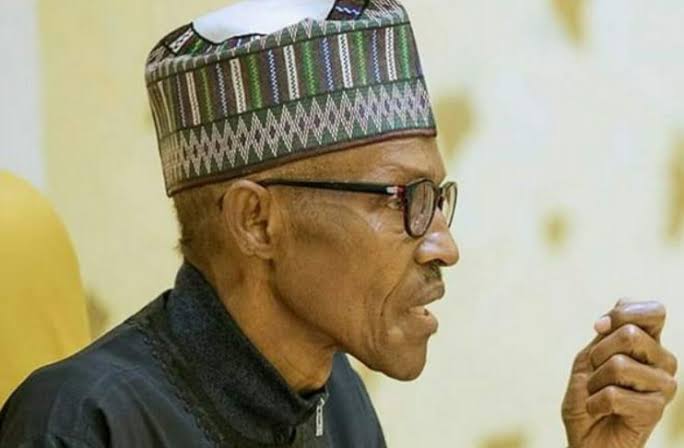


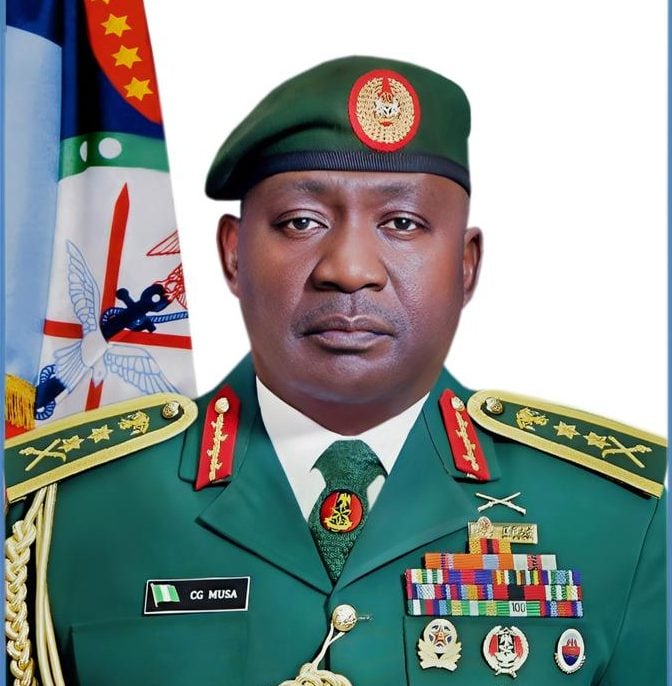

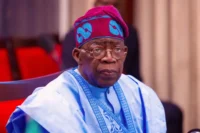

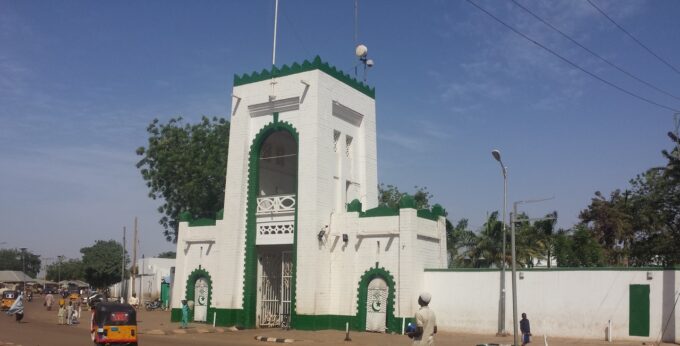

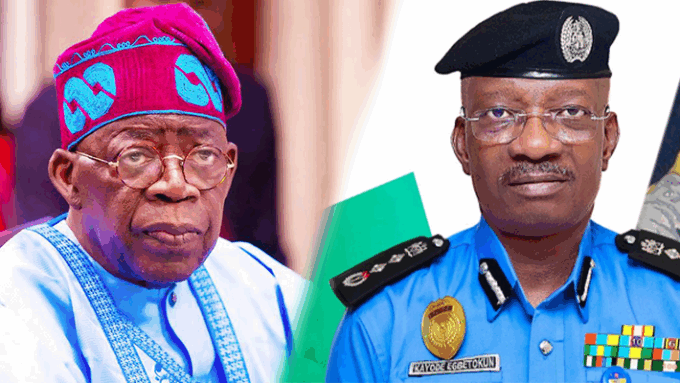

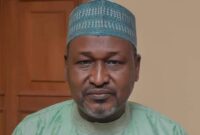


Leave a comment